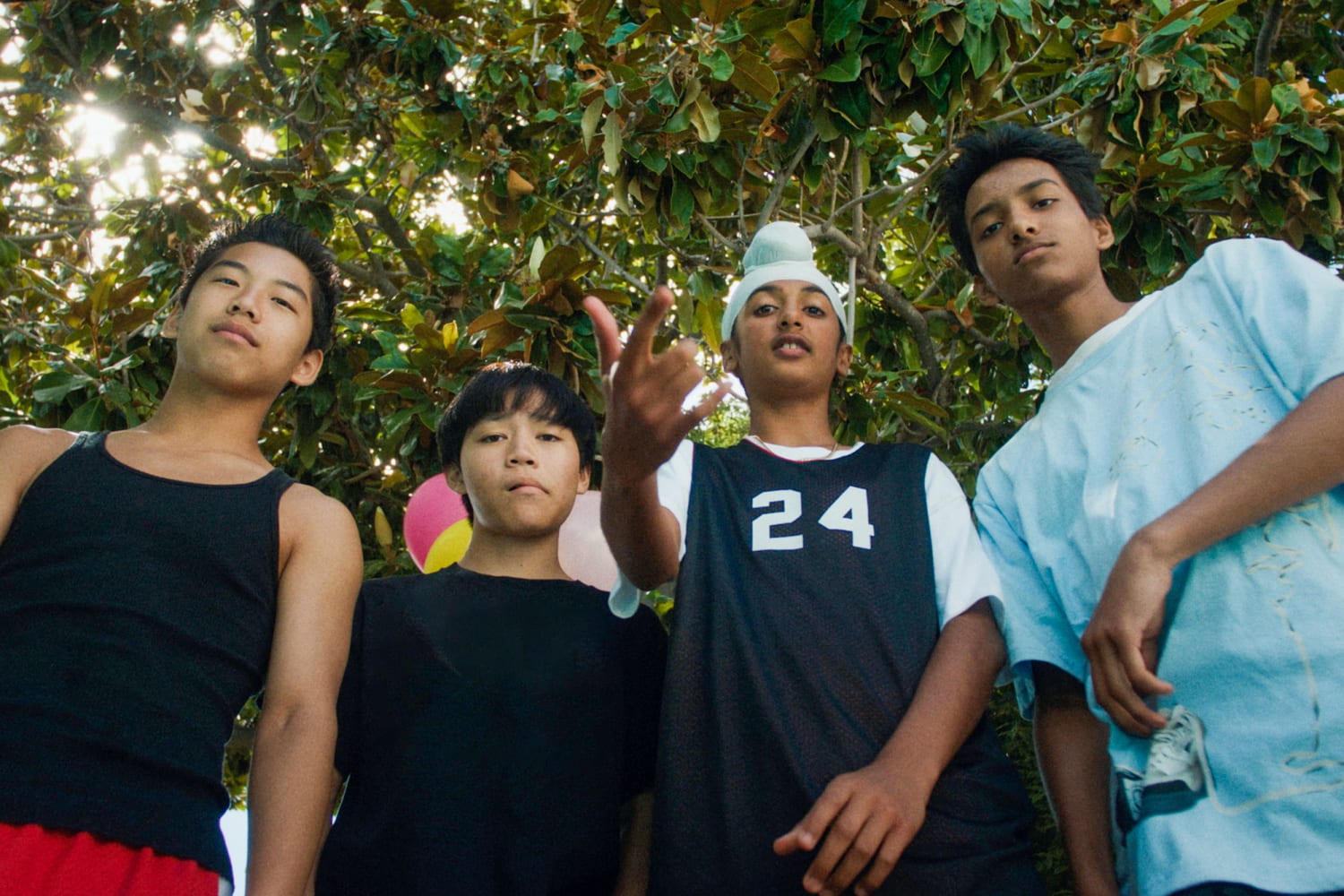Coming-of-age movies will often take place just before their graduating subjects go off to college or join the workforce. It’s a particularly nostalgic moment for most people that films can capitalize on, where you say goodbye to one life and hello to a new one.
But the process of “coming of age” is not isolated to graduation. There are other periods full of rapid growth. We just don’t see a lot of movies about them. Maybe it’s that those other times are more painful. Maybe we’re less nostalgic about them. In fact, maybe we would rather light those memories on fire and watch with a creepy smile as the night sky swallows the ashes. Because wow, that era sucked.
That’s right: Chris (aka WangWang, aka the eponymous "Didi") has just finished eighth grade, everyone’s least favorite time in their lives. Truth be told, he’s actually got a few things going for him: he’s got a couple friends, he’s got a caring mother, and he lives in a relatively safe Bay Area suburb. Kids that age don’t tend to look at it that way, though, and Chris is no exception. He’s stressed out that he’s never kissed anyone, that his friends are getting too cool for him, that he doesn’t seem to possess much natural social aptitude, and that he’s possibly a massive disappointment to his family.
Nothing extraordinary happens in this story. No one slips into the Multiverse. No one can fly. But Chris’s story, as quotidian and familiar as it may be, is undeniably riveting. What makes it so is how close we are to his desperation. We can feel its breath on our necks, as it brings back memories of trying to figure out how to be a person in the world. We watch as he shouts at his family members, fumbles a chance with a crush, lies in an effort to be liked, and it horrifies us in a way only something we recognize can. “Don’t do it!” we scream. Then we mutter, “believe me…”
Movies love to put us through the pain of watching someone bluff their way into a situation. It’s the Chekov’s gun of dramedy: you know they’ll be found out, and the suspense builds and builds until they are. There’s quite a bit of that here. But even more painful are the moments we see Chris so close to making the good decision—and then making the bad one. (Never before has watching someone click something on Facebook put such a stake through my heart.)
It’s a real credit to Izaac Wang, who plays Chris, that this is all so utterly palpable. It didn’t matter that I was once a timid white kid from Michigan and not a rebellious Asian kid from Fremont: this all still felt excruciatingly familiar, right down to the teenage-boy language that was so typical of the era. The movie doesn’t flinch, doesn’t sugarcoat, and it pays off spectacularly in laughs and authenticity.
I wonder, too, how many will relate to Chris’s mother, portrayed flawlessly by Joan Chen, who, left alone by her husband who works in Taiwan, sacrifices everything only to be openly despised by the very entities she’s sacrificed for. We shudder at Chris’s tirades and remonstrations toward his mother, but similar things have escaped many of our own mouths en route to our caretakers.
As painful as it is to watch this film and remember this time in your life, the experience can also fill your cup. Sure, this age is bleak and full of cruelty, but hey, at least this can help you appreciate that it’s behind you.
